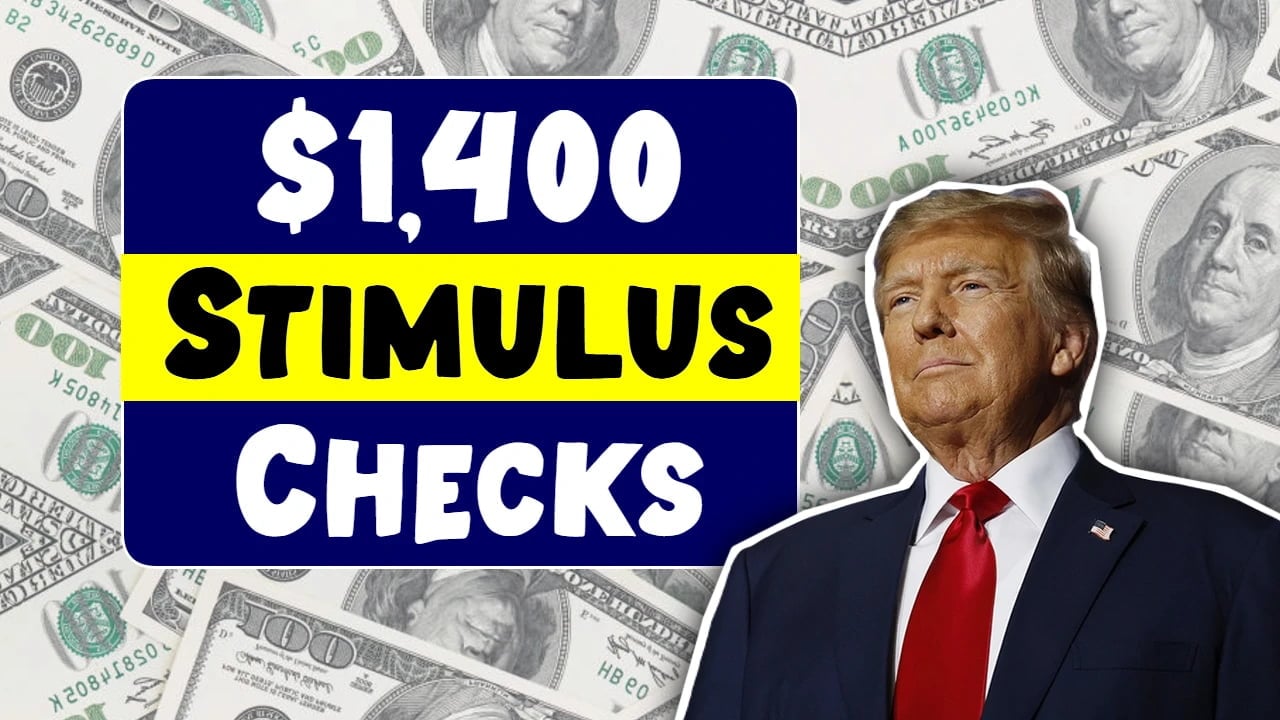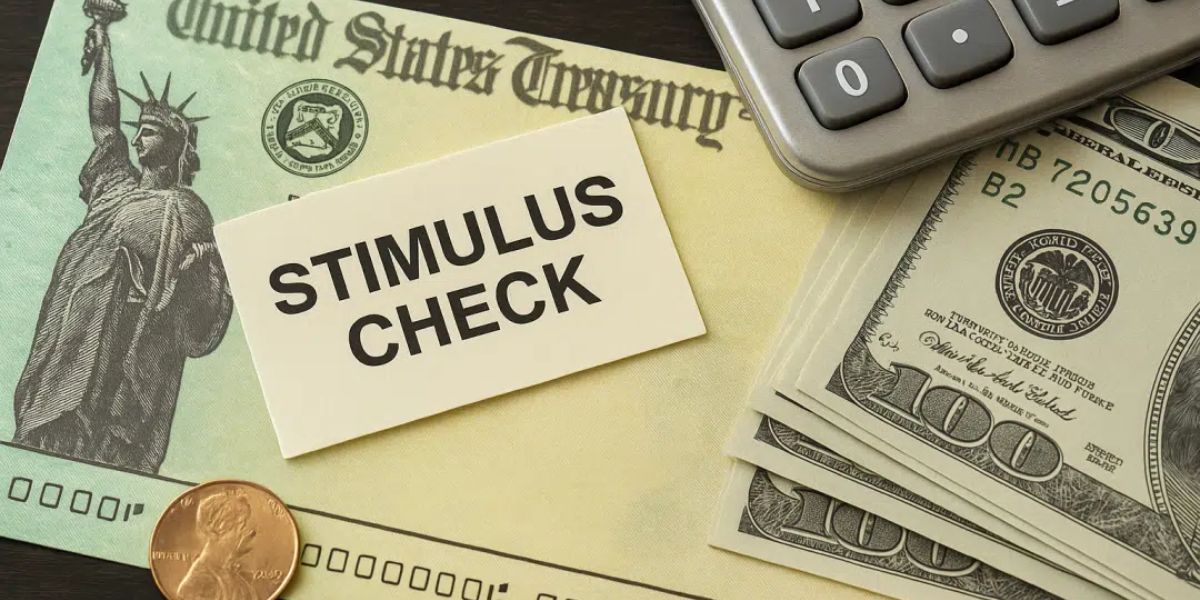Good news for millions of Americans! The Internal Revenue Service (IRS) has announced that it will be sending out new stimulus payments, with amounts reaching up to $1,400. This is part of an effort to help those who may have missed out on previous payments.
The IRS will distribute a total of $2.4 billion in stimulus funds to approximately one million taxpayers. These payments are for people who didn’t claim all the money they were eligible for on their 2021 tax returns. If you are one of these people, you could be getting up to $1,400 in automatic payments in the coming months.
What Are These Stimulus Payments About?
The surprise payments are the result of the IRS discovering that around one million taxpayers missed out on claiming their full share of the Economic Impact Payments (EIPs) in 2021. These payments, also known as stimulus checks, were issued to help Americans during the COVID-19 pandemic.
The issue stemmed from a common mistake many taxpayers made when filing their 2021 tax returns. Some people left the “Recovery Rebate Credit” field blank or mistakenly entered zero, even though they were actually eligible for the credit.
As a result, these individuals didn’t get the full amount they should have. Now, the IRS is fixing this issue by automatically sending out payments to those who missed out. This process will be simple and hassle-free for recipients, as they do not need to take any action or file an amended return.
How Will These Payments Be Distributed?
The IRS has made it clear that the payments will be automatic. That means eligible taxpayers do not need to do anything to receive their money.
The payments will either be sent via direct deposit or paper check, depending on how you received your previous stimulus payments. Most of these payments are expected to reach recipients by late January 2025.
IRS Commissioner Danny Werfel emphasized the agency’s commitment to helping taxpayers: “The IRS continues to work hard to make improvements and help taxpayers. These payments are an example of our commitment to go the extra mile for taxpayers.”
Who Is Eligible for These Payments?
These payments are aimed at taxpayers who filed a 2021 tax return but did not claim the Recovery Rebate Credit, which was tied to the Economic Impact Payments (stimulus checks). Specifically, if you left the Recovery Rebate Credit field blank or entered zero on your tax return, you may now be eligible for the stimulus money you missed out on.
The IRS has confirmed that recipients will not need to do anything to claim the payment. The agency will send out notifications to all eligible individuals, informing them about the upcoming payment.
What’s the Impact of These Stimulus Payments?
The total amount for this new wave of payments is $2.4 billion, which will be sent to approximately one million people. This means that each recipient could receive up to $1,400. While most taxpayers have already received their stimulus checks, this new distribution specifically targets those who missed out because of confusion with the Recovery Rebate Credit.
This move by the IRS is part of a larger effort to improve services and ensure that eligible taxpayers get the financial support they need. For many, this will come as a welcome surprise, as the stimulus funds can help with everyday expenses or savings.
How to Stay Informed
If you are one of the eligible recipients, the IRS will notify you about the upcoming payment. These letters will provide details on the amount you’ll receive and how the payment will be sent to you.
The IRS is doing everything it can to minimize confusion and ensure that the process runs smoothly. Eligible taxpayers will not have to go through the lengthy process of filing an amended return to claim the stimulus funds. Instead, the payments will be distributed automatically, making it easy for people to access the financial help they are entitled to.
Possible Concerns: Penalties for Underpayments
While the IRS is helping some Americans receive overdue payments, there is also a cautionary note for others. In June, the IRS warned that certain groups of taxpayers, including gig workers, retirees, investors, and business owners, could face higher penalties for underpayments of taxes.
These groups often pay income taxes quarterly instead of through paycheck withholding. If they fail to pay enough taxes during the year, they could see increased penalties. The IRS encourages affected taxpayers to take action to avoid these penalties, especially as second-quarter payments were due on June 17.
Looking Ahead
The IRS’s new initiative to send out automatic stimulus payments is a positive step for many who missed out on earlier payments. With most payments expected to arrive by early 2025, millions of Americans will benefit from these surprise checks. However, it’s essential for taxpayers to stay informed about other IRS updates and ensure they are meeting their tax obligations to avoid future penalties.




